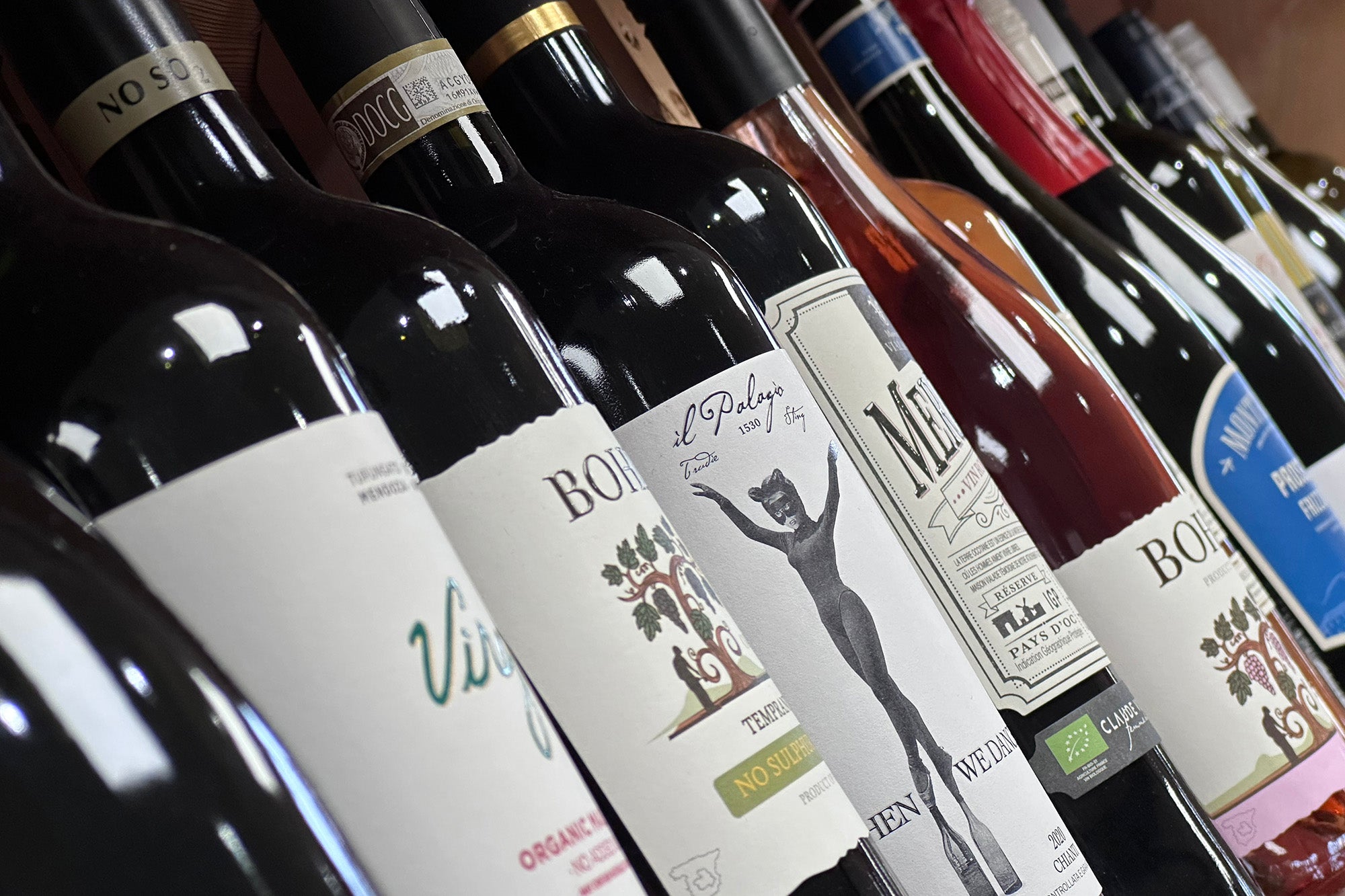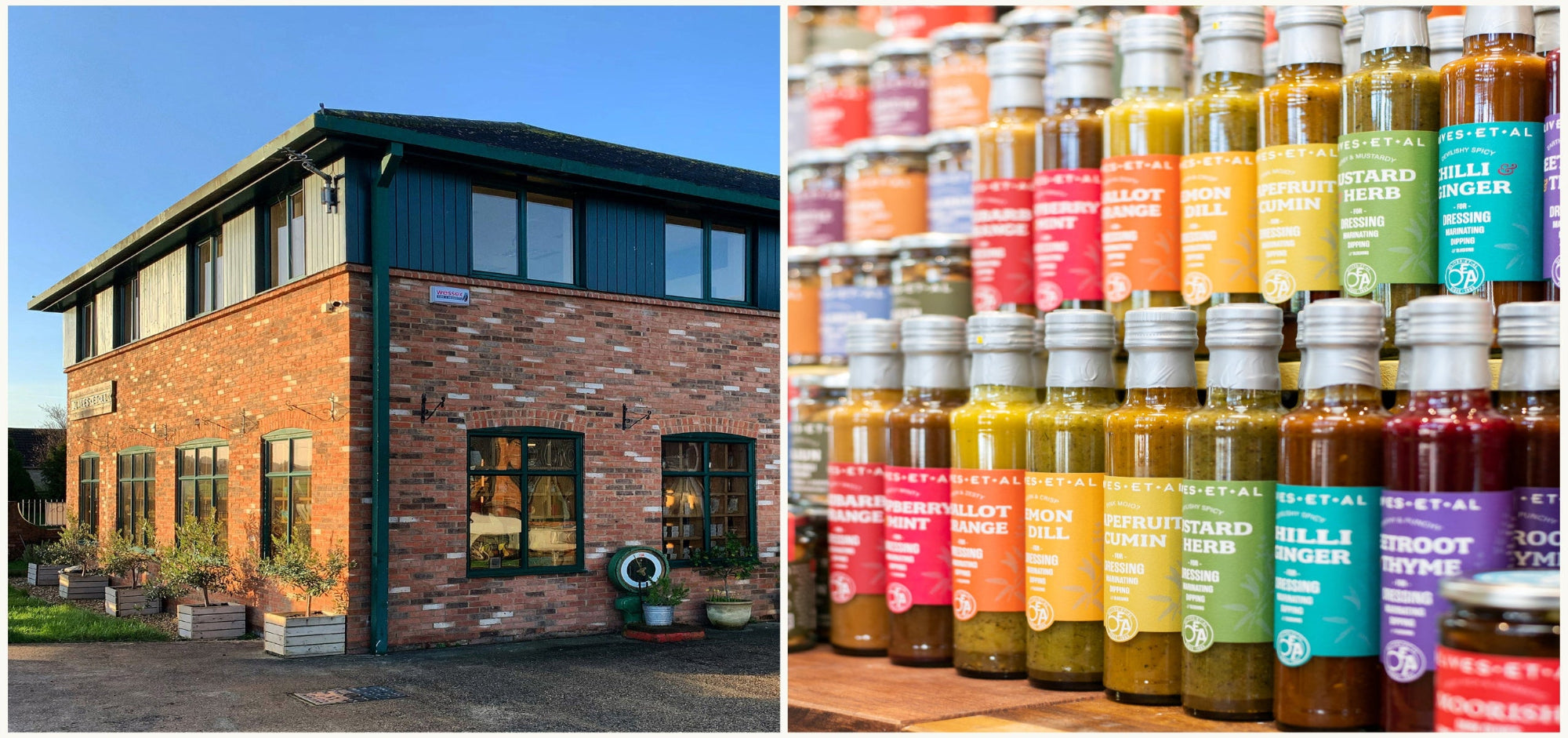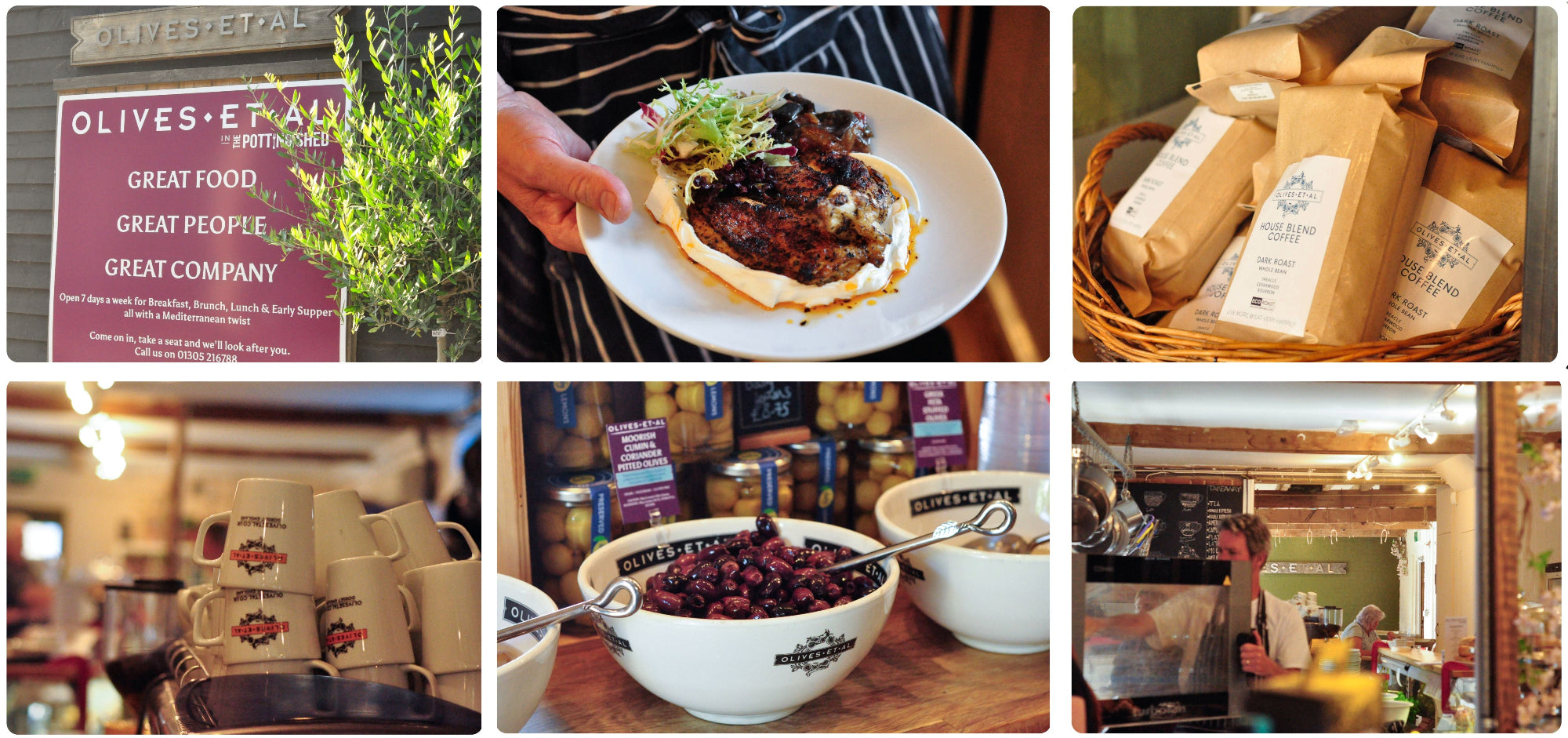The Original
British Olive Artisans
and so much more...
With more than 30 years under his belt as an Oliveer (that's what we call ourselves), it's fair to say that Giles, our co-founder knows more than most about olives. He'd be at pains to say he was an expert although we'd say he was. You make up your own mind....

Olivey Knowledge
Personally, we don’t like the term expert – it implies you know all there is to know which just ain’t possible. The last time we looked there were over 3000 different varieties of olives (and that’s a conservative estimate). Of those around 800 have been completely catalogued and defined and of those there are probably around 240 main varietals that are grown around the world today. Of the 240 around about 120 get used to make all manner of grades of olive oil and around 120 get used to make table olives – the ones we eat. Those 120 different varietals get grown from as far north as Perth in the UK and as far south as the far north of the South Island of New Zealand. They are prepared to traditional family recipes – each using their own particular method and mix of herbs unique to them and where they were grown. No two olives are ever the same. No two methods of preparing olives can ever be the same. So, when someone says they’ve eaten an olive in a little place, just outside of, and it looked like this and tasted like that and have you got one. Chances are… we haven’t.

Top Tips
The best top tip for olives is to taste as many as you can and find the one you like – no one likes all the wines in the world and no one is going to like all the olives in the world. I don’t.
In fact I would say that most olives I try I don’t enjoy – that’s one of the reasons we go to the lengths we do to make them enjoyable and as close to the family style recipes Annie and I ate on the original trip. If I like them, the chance are you will too!

The History
Although a relatively new addition to the British store cupboard, people in the Mediterranean region have been using olive oil for thousands and thousands of years. It’s believed that olive trees originated in Greece because the Greeks gave the fruit their own name - Elaia. Had the fruit been introduced from elsewhere it’s likely that the Greeks would have adopted the name given in the country of origin.
Inscribed earthenware tablets from Crete dating back to 2500 BC are the oldest known references to olive oil. Ancient philosophers, physicians and historians referred to the curative properties of Extra Virgin Olive Oil and Aristotle elevated olive cultivation to a science. But it was the Phoenicians, somewhere around 1200 BC, who taught the Greeks that the precious oil could also be used as a source of light.
In Greek mythology, there’s a great story of the origin of the Olive tree. The goddess of peace and wisdom, Athena and god of the sea, Poseidon were arguing over who was going to have control over the land of Attica. So, to stop the arguing, Zeus promised the land to whoever provided the most useful gift to the people of Attica. Poseidon struck the ground with his trident and a magnificent horse ‘sprung forth’, but clever Athena produced an Olive tree which was far more useful and so Athena was judged victorious.

More History
Olive trees in Ancient Greece were loved and highly valued. They considered the Olive tree a symbol of peace, wisdom and triumph – they even crowned their Olympians with an olive wreath. It’s believed that by the 5th Century BC olive oil was produced in such abundance in Greece that it became a major export. So important was the tree to the Greeks and their economy, that olive groves were considered to be sacred ground and only virgins and chaste men were allowed to cultivate them (supposedly, this is where the use of ‘Virgin’ Olive Oil comes from).
The Bible contains lots of references to both the Olive tree and the culinary and ceremonial use of olive oil. In the Book of Exodus, for example, Moses was taught by God how to make anointing oil for ceremonial purposes by combining olive oil with spices and in the Book of Genesis, when the dove that Noah has sent out to search for dry land returns with an olive branch, it’s interpreted as a sign of the end of God's anger. The olive branch is widely recognised all over the world as a symbol of peace and today it features in the logo of the United Nations.
If you’d like to learn more about the history of olives, we recommend Anne Dolamore’s "The Essential Olive Oil Companion" and "Olio di Oliva" - which is packed with great recipes
Olives Et Al has spent 30 years developing an extraordinary range of award-winning products from Kiln Roasted Nuts & Snacks to unique Dressings, Sauces and Condiments plus, of course, our incredible Olives.
Authentic food from wherever the Olive tree grows...


